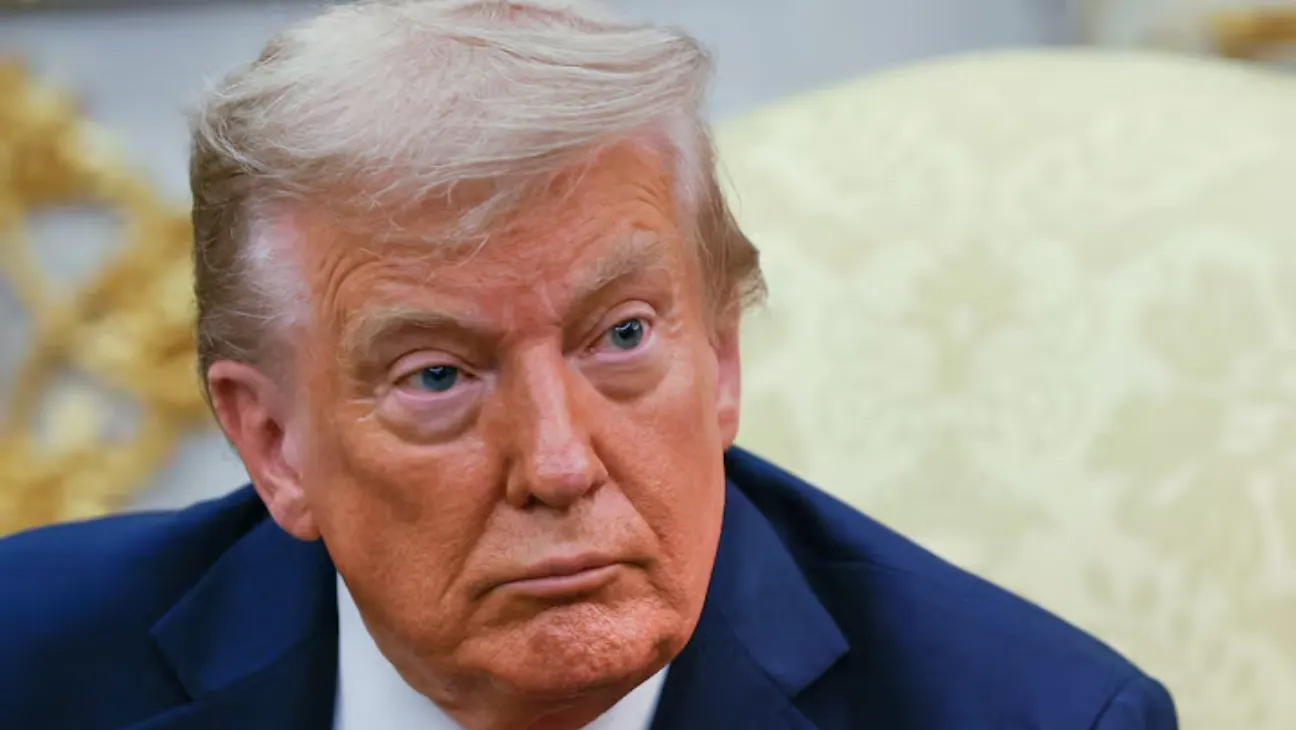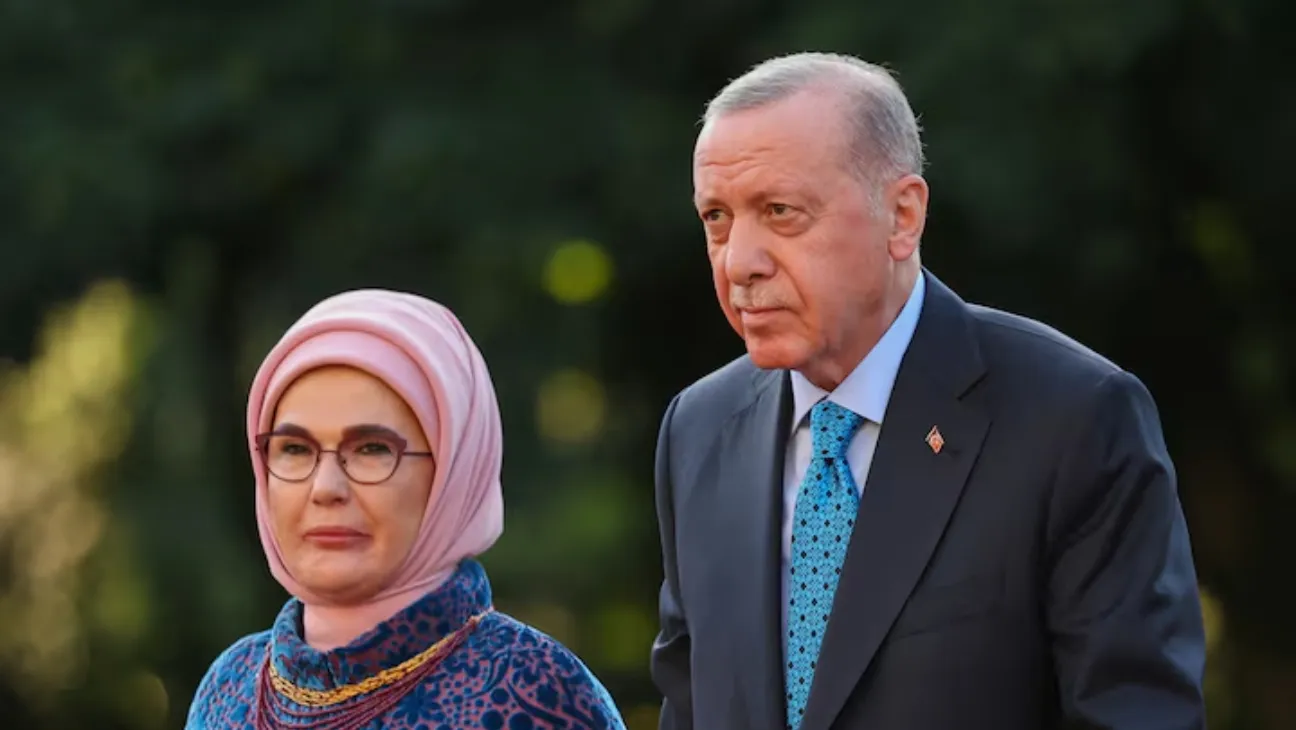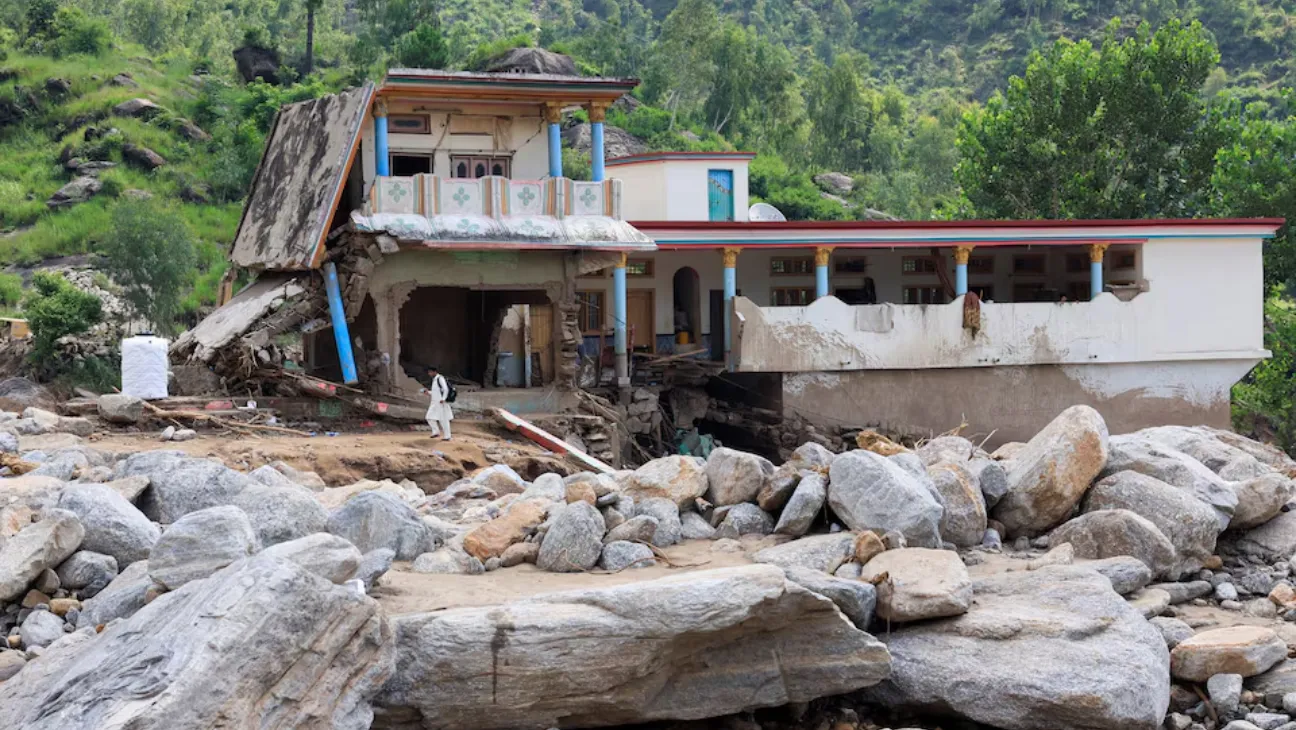U.S. Secretary of State Marco Rubio indicated Sunday that American analysts monitor the oscillating dynamics of the Indo-Pakistani border “on a daily basis.” Rubio offered the assessment during his appearance on NBC’s Meet the Press, immediately after addressing the difficulties of sustaining armistices in relation to the Russo-Ukrainian conflict.
He distinguished the tacit, yet tenuous, equilibrium of a temporary cessation of arms from the formal, legally verifiable cessation that can only result from an affirmative consensus between litigants.
He further elaborated that notwithstanding the surface appearance of a temporary cessation, the maintenance of such a posture is arduous since factors such as asymmetry of objectives, third-party provocations, and command-control malfunctions can instantly nullify an existing tacit micro-armistice.
In the same segment, Rubio extrapolated the thematic verification feature of such border monitoring to other flashpoints, citing the Cambodia-Thailand boundary as an illustrative comparative case.
Rubio subsequently clarified that the U.S. policy orientation is not to coerce a durable armistice in the Ukrainian theatre, but rather to facilitate a comprehensive and structurally sound peace framework, to the effect that a cessation of hostilities in the present is coupled with mechanisms that inhibit re-escalation in the foreseeable future.
The Secretary of State addressed the enduring India-Pakistan dynamic in a concurrent exchange with Fox Business, commending the positioning of President Biden as advancing a systematic commitment to conflict resolution.
He cited temporal precedents, specifically the Cambodian-Thailand settlement and the protracted sub-continental record, to illustrate the continuity of the executive branch’s diplomatic calculus. Such references have the traditional aim of framing renewed US engagement in a longer historical context. Contemporaneous US proclamations routinely underscore the strategic calculus which regards South Asian stability as a prerequisite for broader Indo-Pacific resilience.
It is nevertheless established in New Delhi that Indian official doctrine categorically pre-empts external mediation in the India-Pakistan relationship.
Mr. Modi, in a recent Lok Sabha specifying Operation Sindoor, reiterated that no external interlocutor requested a suspension of that operation. Similarly, Dr. Jaishankar, during an informal forum, insisted that the resolution of the Line of Control and attendant conflict was an internally negotiated attempt devoid of external mediation. Such reiterations, frequent in Indian diplomatic discourse, signal to both domestic and external analysts that India preserves a sovereign, transactional calculus in negotiations with Pakistan.
The US discourse therefore sits at the IPLC as concurrent framing, viewing the declarations of the executive branch as risk-assessment communication. It functions to reiterate the preference for negotiated and durable peace, rather than temporising calibrations, and to underscore the persistence of intra-Indian hegemonic self-perception in diplomatic negotiations with Pakistan.









